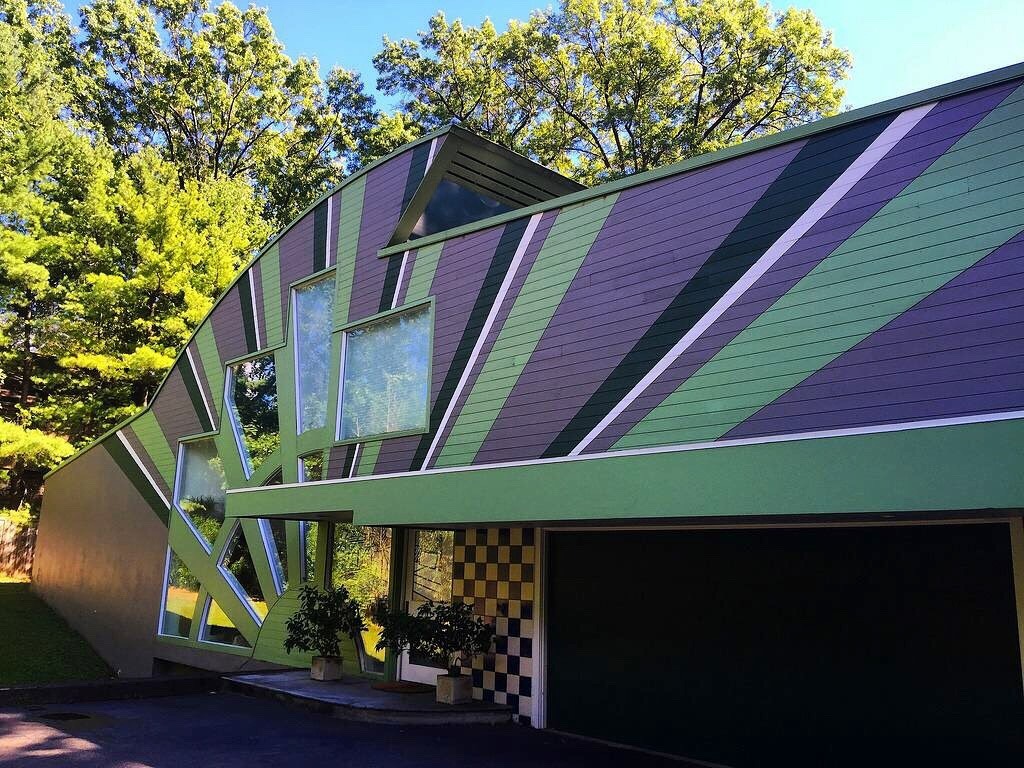Describing the Königliches Schloss, the rebuilt imperial palace in Berlin, Michael J. Lewis wrote recently in The New Criterion: “It is not so much a recreation of the palace as a workmanlike scale model of the original, placed on the original site, and with something of the gift that Robert Venturi gave to historic preservation, which is a saving leaven of self-aware irony.” This is a useful insight: irony is a way for modernists to deal with the past without actually acknowledging its primacy. But was Venturi’s “leaven of self-aware irony” a gift or a poison pill? Venturi’s firm lost important commissions such as the Philadelphia concert hall precisely because clients did not appreciate ironic, or sometimes downright jokey, architectural asides. Most clients—Vanna Venturi aside—are loathe to see their money spent on something as insubstantial and potentially risible as irony. And irony gets stale over time; is that why so many VSB buildings have fared poorly, being insensitively enlarged, or demolished as in the recent case of the Abrams House (see above) in Pittsburgh? Absent idiosyncratic follies and amusement parks, architecture is more serious than that.

